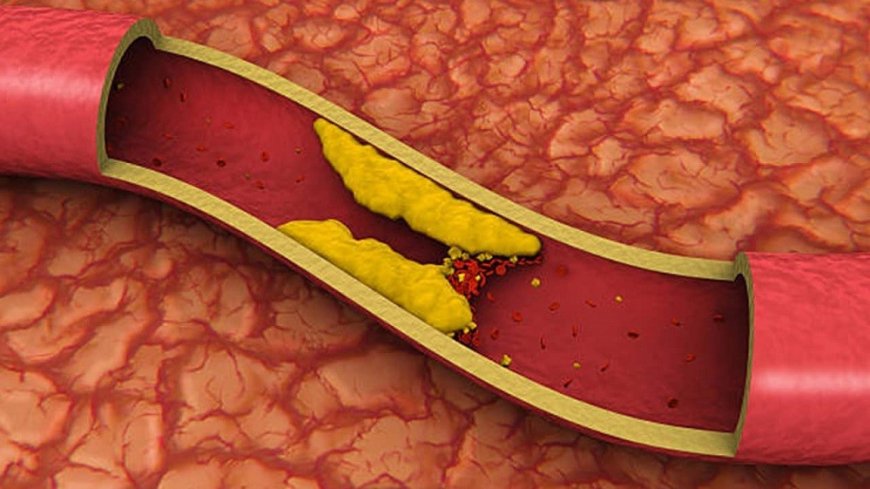High cholesterol in children: is there anything to worry about?
High cholesterol in children does not always mean a serious problem. Find out more about the causes and treatment options in our

High cholesterol in children does not always mean a serious problem. Find out more about the causes and treatment options in our today's article.
For many years, high cholesterol has been considered a serious health problem for both children and adults. However, we now know that in most cases this is not a cause for concern. If a person maintains certain lifestyle habits and a healthy weight, this state of affairs should not cause any permanent damage to health.
We also know that the role of diet in regulating cholesterol levels is quite limited. It is true that there are foods and nutrients that can cause your cholesterol levels to fluctuate. But that doesn't mean their impact will be really significant. However, if a person combines a proper diet with exercise, they will get better results.
High cholesterol - the most common causes
As mentioned, high cholesterol does not always mean health problems. The increase in the content of these particles in the blood may be due to genetic causes, certain dietary components or being overweight. However, it is important at this point to be able to distinguish which type of lipoprotein has the most elevated levels.
In the event of an increase in HDL, you don't have to worry too much. If LDL is responsible for this increase, we will have to be more careful. The most frequently cited research results suggest that any cardiovascular risk may result from an increase in oxidized VLDL particles. They are in the LDL group.
For this reason, rather than trying to lower cholesterol as such, we should ensure that inflammation and oxidation are properly modulated to prevent plaque formation.
What is the significance of high cholesterol in children?
It's clear that no matter how disturbing it may be to have cholesterol above normal levels, there are a number of dietary tips that can improve our lipid profile. However, as we mentioned, the impact of these guidelines will not be really significant unless we combine them with regular exercise.
The first thing to explain is that consuming high amounts of saturated fat or dietary cholesterol does not increase plasma lipoprotein levels. However, regular intake of omega-3 fatty acids increases HDL and lowers total cholesterol.
The results of research in the field of clinical cardiology provide irrefutable evidence confirming this phenomenon.
Must Read: Virtual education: the most important issues
To ensure adequate intake of these lipids, it is essential to include oily fish, raw oils, and nuts in your regular diet. However, you should avoid subjecting these products to aggressive cooking processes.
Otherwise, the "healthy" fats will turn into trans, which will have a negative impact on the lipid profile and increase the risk for the cardiovascular system.
Foods to Avoid to Lower Cholesterol in Children
In addition to favoring the consumption of omega-3 fatty acids, there are also certain foods that should be avoided in order to thereby lower high cholesterol in children. As mentioned above, trans lipids are harmful in this regard. We find them mainly in heavily processed industrial products, fried and breaded dishes.
When cooking food, it is always better to use less aggressive methods such as grilling, baking, steaming or boiling in water. You should also avoid grilling with charcoal as it produces compounds that are toxic to the body.
At the same time, you need to stay away from consuming simple sugars as much as possible. These elements can increase the energy value of the diet and affect metabolic health by promoting overweight. Obesity can have a negative impact on plasma cholesterol levels, one of the major factors in altering the lipid profile.
Cholesterol in children is not always a problem
Before worrying about high cholesterol in children, take a look at your child's physique, diet and lifestyle habits. If we are talking about a slim, physically active child who regularly eats fish and vegetables, then there is nothing to worry about.
However, when we talk about a person who consumes highly processed foods on a regular basis, who is also sedentary and does not eat vegetables, the medium-term risk increases. However, in most cases, the solution is not medication, but simply changing your habits.
